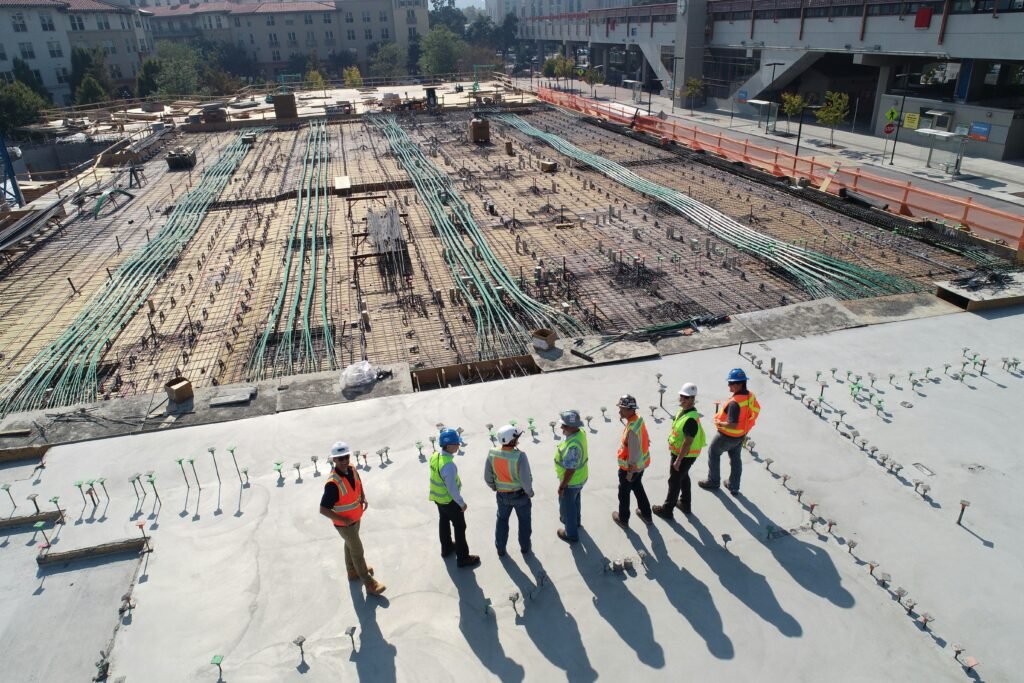
New Zealand: The construction industry is undergoing a rapid shift toward sustainability, with a burgeoning emphasis on incorporating environmental considerations into project contracts. Notably, there’s a growing global movement to prioritize nature-positive outcomes and biodiversity net gain.

However, while this trend is gaining momentum, New Zealand currently lacks a specific legal framework for “nature-positive infrastructure.” Nevertheless, forward-thinking industry players are proactively integrating these concepts into their contractual arrangements. This proactive approach is particularly crucial as standard construction contracts often overlook environmental concerns. To address this gap, parties are increasingly turning to bespoke contract provisions to accommodate nature-positive goals.
Government policies are also playing a role in driving environmental sustainability in the construction sector. New Zealand’s “Broader Outcomes” policy exemplifies this trend by encouraging environmental benefits in public sector projects. Moreover, some government contracts now explicitly require the achievement of these outcomes.
To further support the industry’s green transition, resources like the Chancery Lane Project provide valuable guidance.This initiative offers model clauses that can be adapted for construction contracts to incorporate environmental considerations, including those related to nature-positive principles.
More on Green and Sustainability:
Australia has taken a step ahead with the Infrastructure Sustainability Council’s IS Rating Scheme, which evaluates the environmental performance of infrastructure projects. New Zealand is currently exploring the potential adoption of a similar framework.

Despite these positive developments, significant challenges persist. Defining and measuring environmental objectives with precision remains a hurdle. Additionally, ensuring that contractual provisions addressing nature-positive goals are legally enforceable is essential. To navigate these complexities, industry stakeholders must collaborate closely to develop effective strategies.
By proactively addressing these challenges and incorporating nature-positive principles into construction contracts, the industry can play a pivotal role in safeguarding the environment while driving sustainable development.